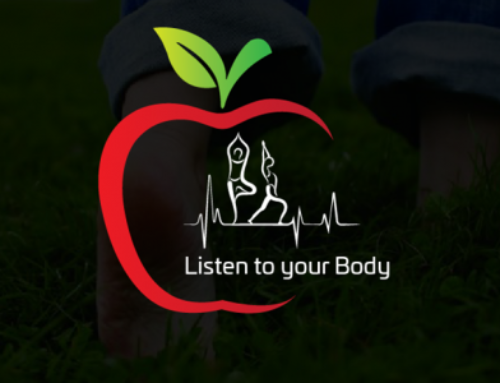Why Advice Doesn’t Work
May 16, 2017
Categories: Listening
When people come to you with a problem or issue they are dealing with in their lives, what is your initial response? What are you pulled to do? For many of us, our initial response is to want to help or give advice. This is a natural response. It’s tough to see someone hurting, and it makes sense to want to alleviate their pain and suffering.
Unfortunately, giving advice doesn’t usually work. Sometimes it can even hurt more than it helps. Here’s why:
- Pain needs to be honored. When people are struggling, their pain needs to be acknowledged and honored. The world is a difficult place, and some people’s struggles are incredibly painful. Giving advice right away can feel like a shortcut. It doesn’t allow people the time and space needed to process their painful experiences.
- Solutions aren’t universal. When you give advice, you are saying that the thing that worked for you will also work for the person you are trying to help. But that isn’t always the case. We have unique personalities, family histories, and life experiences. What works for one person doesn’t always work for everybody.
- People get a lot of advice. It’s a natural human tendency to give advice. Because of this, by the time a person comes to you for help, they probably have received a lot of advice from their family and friends. But they are still struggling. Something about the advice hasn’t worked, or they haven’t been able to implement the advice into their lives. If you give advice, it is likely to be experienced as more of the same and unhelpful.
- Giving advice rushes through the discomfort. Experiencing pain and struggle is uncomfortable. Our natural tendency is to avoid or distract ourselves from the discomfort. Giving advice supports the desire to escape uncomfortable feelings. Advice says, “You don’t have to feel the discomfort any more as long as you do [fill in the blank].” When you rush through discomfort, you don’t give the person an opportunity to learn from it.
What’s the alternative to giving advice? Sit with the person who is in pain. Offer your presence. Don’t try to minimize the pain or rush through the discomfort. Just be with the person and walk with them through their pain and struggle. As you do this, pay attention to your own emotions and reactions. How is it for you to just sit with a person in pain, and refrain from giving advice? What comes up for you? What is difficult about just being with another person who is struggling? What can you learn about yourself through this experience?
Related Thoughts

Subscribe To My Newsletter
Join my mailing list to receive the latest blog posts.
Receive my e-book “The Mental Health Toolkit” for free when you subscribe.




